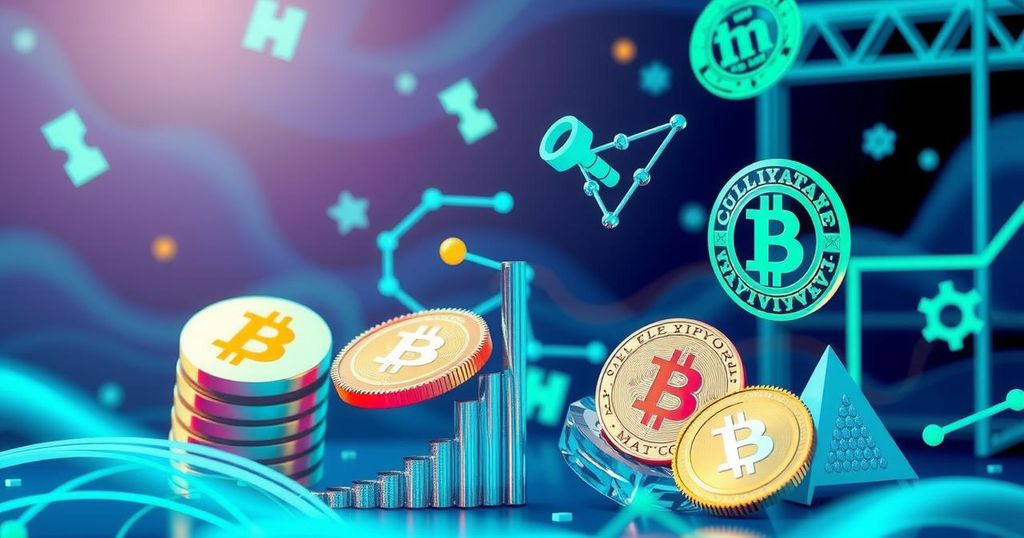South Korea’s Presidential Candidate Proposes Trump-Inspired Crypto Deregulation
South Korean presidential candidate Hong Joon-pyo aims to deregulate the crypto industry, taking cues from Trump’s administration. He plans to fully recognise blockchain and virtual assets, aligning with recent U.S. actions on crypto. As the U.S. establishes a Bitcoin reserve, South Korea’s political landscape is pressured to respond. Whether Joon-pyo’s plans realise will depend on the outcome of the upcoming presidential election.
The South Korean presidential candidate Hong Joon-pyo has proposed a significant overhaul of the nation’s cryptocurrency regulations, inspired by the Trump administration’s approach. During a campaign event in Seoul, he asserted his commitment to eliminate existing regulations on blockchain and virtual assets, promoting them as a fully acknowledged industry to be integrated into public services.
This declaration follows recent changes in U.S. crypto legislation, where former President Donald Trump repealed an IRS rule imposing broker-style reporting on decentralized finance (DeFi) platforms. This marked a pivotal moment in U.S. crypto deregulation, influencing global perspectives on digital asset governance.
Hong’s strategy aligns with rising calls from South Korean lawmakers and financial experts urging action in response to the U.S. digital asset strategy, particularly after Trump’s executive order, which initiated the creation of a Strategic Bitcoin Reserve. This has set a precedent for the U.S. as a nation stockpiling cryptocurrency.
In response to the growing dominance of USD-pegged stablecoins in the global market, South Korean financial leaders are advocating for integrating Bitcoin into national reserves and introducing a won-backed stablecoin to protect national monetary sovereignty. Despite the pressure, the Bank of Korea has publicly dismissed the idea of using Bitcoin due to its price volatility and compliance issues with IMF standards.
As the U.S. steps up its crypto strategies, South Korean political candidates, including Hong Joon-pyo, are poised to potentially accelerate similar initiatives. However, the actual implementation of Joon-pyo’s proposals will hinge on the upcoming presidential election, expected in May, contingent on the outcome of current President Yoon Suk Yeol’s impeachment process.




Post Comment